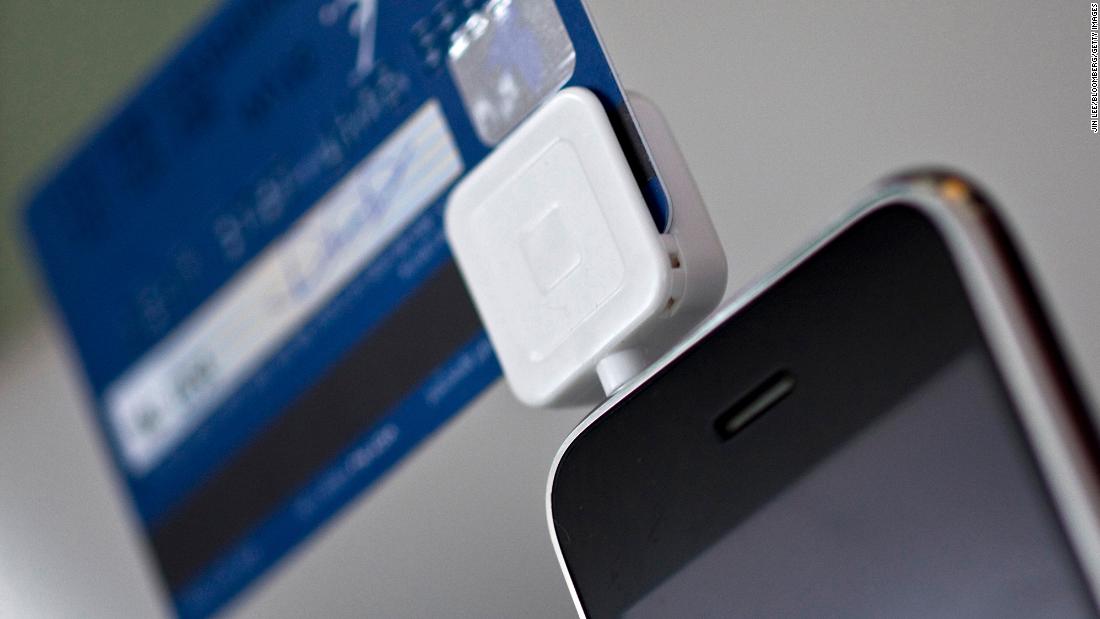
Salt Lake City, Utah-based Square Financial Services will provide business loans and deposit products to merchants using the card reader and other point of sale services.
Running its own bank will allow Square to “operate more flexibly, which will serve Square and our customers as we continue to work to create financial instruments that serve the underprivileged,” said Amrita Ahuja, Chief Financial Officer of Square Inc. in a statement. Square’s stock closed nearly 5% on Tuesday.
Square Financial Services will become an industrial bank, meaning it will offer limited financial services.
The company said it would begin underwriting and taking out business loans for Square Capital’s existing credit product, previously provided in conjunction with a third-party bank.
Square Financial Services aims to be “the primary lender of funding for Square sellers in the United States,” the company said.
Square uses the data it collects on merchant transaction history to facilitate loan and payment transactions, and says it offers a more streamlined application and approval process than many traditional financial institutions.
For payment technology providers, capital lending is a “logical extension” of their business, said Gartner analyst Dayna Ford.
Unlike a traditional bank that relies on a business report of its performance, payment service providers have “a constant, near real-time view of business performance and perhaps their entire revenue stream,” Ford said. “In terms of risk management, they have a constant pulse of how the business is doing.”
This kind of data helps Square provide loans to businesses that can be turned down by a typical bank – the company says it has a better track record of lending to women-owned and minority-owned businesses than traditional lenders.
The company said on Monday that it does not expect the bank to have a material impact on its balance sheet, sales or income in 2021, and that it “will continue to sell loans to outside investors and limit its balance sheet position.”